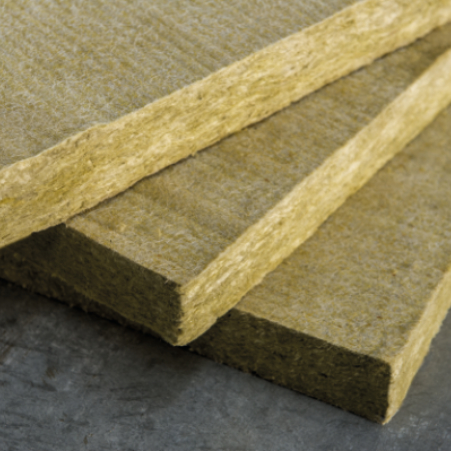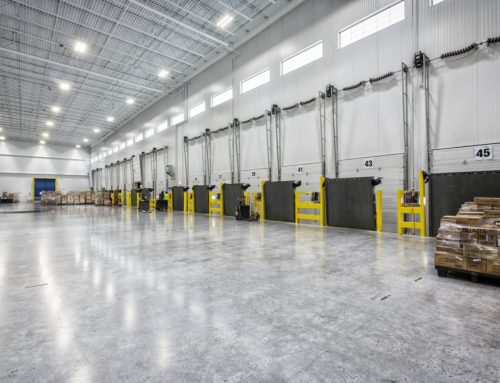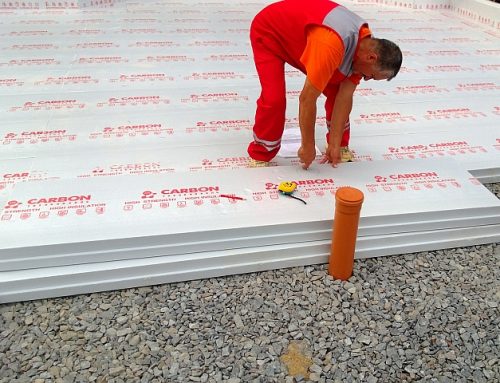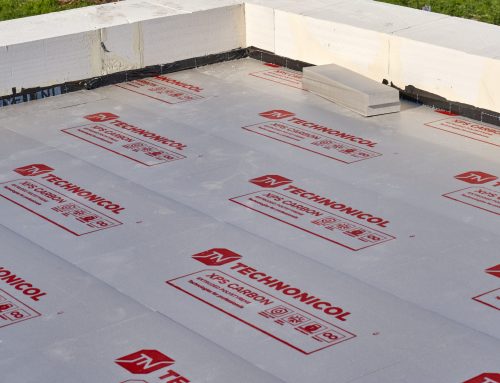Durability is of the utmost importance when selecting insulation. It’s right up there with other characteristics such as thermal efficiency and moisture resistance. Durability ensures an insulation product works effectively and consistently while enduring over a long period. A durable insulation product for your house, for example, needs to last for the lifetime of the building and will not require maintenance.
Stone wool, also called mineral wool, is a versatile, highly durable insulation material. It is uniquely capable of simultaneously providing thermal, acoustic and fire protection. The durability and high performance of stone wool makes it useful for a variety of applications, including pitched and flat roofs, flooring and external, internal and partition walls.
Stone Wools Meets Two Main Aspects of Durability
There are two main aspects of durability to look for in any construction material. The first is its ability to maintain a constant performance in all important aspects such as thermal, mechanical, moisture or fire resistance. It should also have a long lifespan relative to its intended function. For example, a lifespan of 50 years or more should be considered for insulation products as buildings can remain standing for many decades. Stone wool meets both these requirements.
Durability is Sustainability
A durable construction product is a sustainable one. Stone wool insulation maintains a strong performance throughout its lifetime without needing maintenance or regular replacement. It is also recyclable and made from renewable resources. This means using it consumes less resources, creates less waste and its manufacturing impact is spread over long periods of time. Durability and eco-efficiency go hand-in-hand in helping us progress towards sustainable consumption and production.
Withstand Multiple Destructive Forces
Stone wool is fire resistant, waterproof, resistant to chemicals and microorganisms, and does not enhance the growth of bacteria and mould. It is also not prone to corrosion. This makes it particularly versatile in how it’s durable. That is, it can withstand the widest variety of destructive forces compared to other insulation materials.
Fire resistance is a key feature of stone wool that distinguishes it from alternative materials. Stone wool insulation can have a significant impact on the fire safety of a building. Importantly, the fire safety properties of stone wool insulation do not deteriorate over time. Non-combustible stone wool improves the fire resistance of construction elements, and those fire resistance properties will remain over the life of the building.
Proven to be Durable Long-Term
Real-life sampling has proven that stone wool’s thermal performance remains constant over time. This is particularly important when it comes to investing in a house. The consistent thermal performance of walls, floors and the roof is crucial to ensuring that you do not suddenly face increased bills for heating or cooling after several years of use.
The performance of insulation products is determined by its thermal resistance
(R-value). While stone wool may have a slightly higher thickness than some other insulation materials in order to reach the same R-value, the most important thing is that its thermal performance does not decrease over time. The R-value of stone wool insulation will remain stable over the lifetime of the building.
Technonicol Stone Wool Supplied by Plastek
Technonicol produces premium quality stone wool insulations for roofing, walls/facades and sandwich panel applications. The fibrous structure of Technonicol stone wool products ensure excellent acoustic and sound-absorbing properties of the material.
Related Questions
What are the benefits of stone wool over other insulation materials?
The best insulation material varies according to the unique specifications of each project. Stone wool is an incredibly effective insulation that is chosen usually because of its fire resistance, sound insulation qualities and flexible ease of use.
Is stone wool environmentally friendly?
Typically, stone wool insulation contains up to 90% recycled content. The steel and iron ore industry produce millions of pounds of slag each year. Instead of sending that material to landfills, it can be recycled into high-performance insulation. Stone wool is produced using a virtually inexhaustible natural resource. The earth makes 38,000 times more rock every year through volcanic and oceanic activity than what is extracted to produce stone products.





Leave A Comment